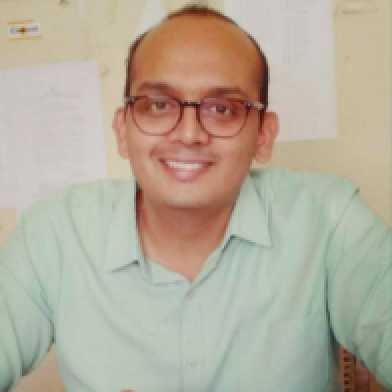Young people and mental health in a changing world.
The world is in state of constant change, be it communication and technology or the general ethos of public life. People are getting closer via internet and mobiles however communication at a personal level has seen a decline; and therein lays the stress. Some of the neo-stressors include need to be popular and visible on social media. Mental health and youth therefore assumes paramount importance. Due to the difference of opinion due to the ‘generation gap’ they are likely to be misunderstood. In this age group bodily changes, hormonal changes, changing social standing and a maturing mind contribute to complex challenges when it comes to mental health parameters. To know what research tells us is summarized below
~ by Dr Saumitra Nemlekar
The world is in state of constant change, be it communication and technology or the general ethos of public life. People are getting closer via internet and mobiles however communication at a personal level has seen a decline; and therein lays the stress. Some of the neo-stressors include need to be popular and visible on social media. Mental health and youth therefore assumes paramount importance. Due to the difference of opinion due to the ‘generation gap’ they are likely to be misunderstood. In this age group bodily changes, hormonal changes, changing social standing and a maturing mind contribute to complex challenges when it comes to mental health parameters. To know what research tells us is summarized below
- Half of the mental illness begin at this age
- Common mental illnesses such as depression and anxiety have markedly different presentations as compared to adults, and suicidal rates are
- Substance use both as a mental health deterrent as well as substance dependence itself has roots in this age group
- Abuse at this age predisposes to mental illness in adulthood.
- Staying aloof or acting differently
- Irritable behavior, anger or moodiness
- Lack of self-care or risky behaviors
- Spending time away from home
- Experimenting with drugs
~ by Dr Saumitra Nemlekar
Dr Saumitra Nemlekar is available at Antarman Panaji on Wed (5-7pm) & Sat ( 4- 7pm) by prior appointments.
Appointment : 7028784807
[email protected]
Appointment : 7028784807
[email protected]


 RSS Feed
RSS Feed
